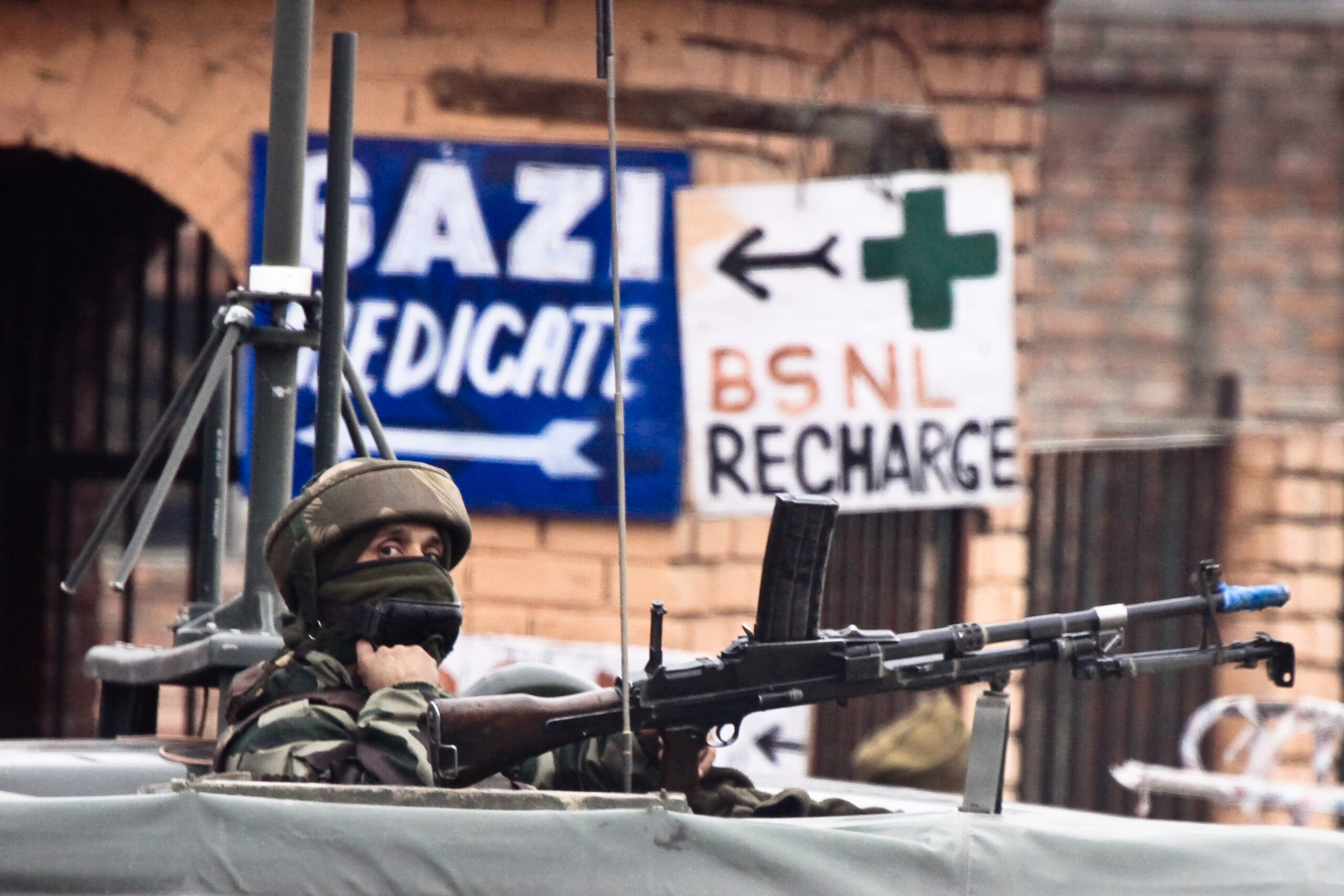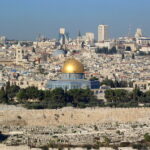Now Reading: Pepe Mujica: The Rich Legacy of the Peasant Who Knew How to Make Concessions to the Market Without Losing Ideological Direction
-
01
Pepe Mujica: The Rich Legacy of the Peasant Who Knew How to Make Concessions to the Market Without Losing Ideological Direction
Pepe Mujica: The Rich Legacy of the Peasant Who Knew How to Make Concessions to the Market Without Losing Ideological Direction
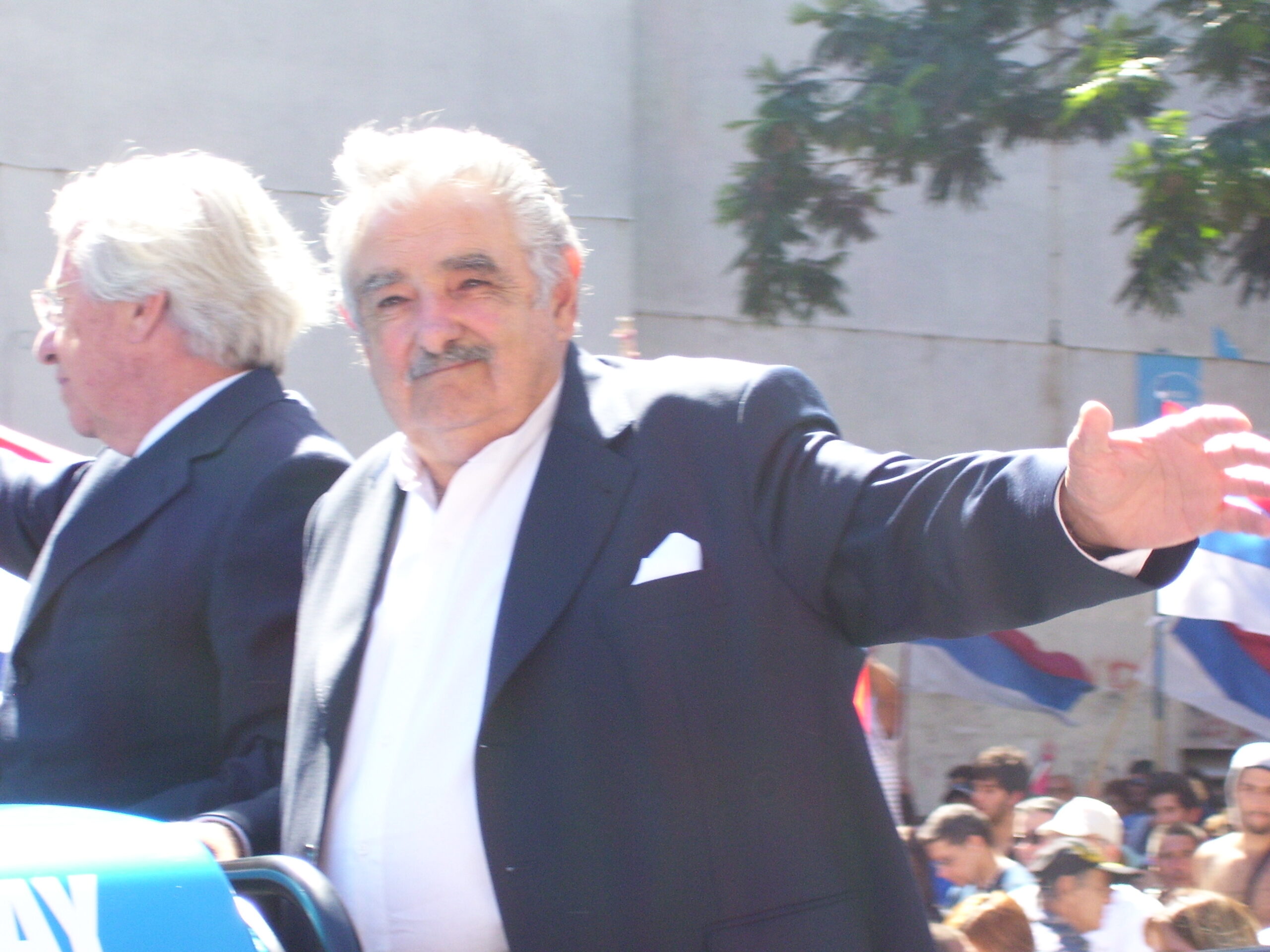
“President, activist, reference, and leader. We will miss you dearly, beloved old man.”
This was how Uruguay’s President Yamandú Orsi announced to the world, moments ago on social media, the death on May 13, 2025, of former president and national icon José “Pepe” Mujica, who succumbed to esophageal and liver cancer, along with two autoimmune diseases, just a week shy of his 90th birthday.
The 40th president of the Oriental Republic of Uruguay was arguably the most recognizable political symbol of the neighboring country in all of Latin America. The former Uruguayan leader will be remembered for his simple life, austere peasant style, and above all, his charisma, which always shone through in concise yet profound maxims.

In his final months, already quite frail, “El Pepe” reflected on life and death. In an interview with CNN en Español, when asked about the existence of God, he stated that God did not exist, as “life is just the adventure of molecules.” He added: “In this brief time we spend on Earth, heaven and hell coexist. It’s all here together. We come from nothing and return to nothing.”
Despite the seemingly nihilistic tone, his words go far deeper, especially considering Uruguay is the most secular country in Latin America, where clerical skepticism is more acceptable. At its core, the statement reveals the essence of a man who experienced both “heaven” and “hell” in this world.
His long political life took him through diverse experiences beyond institutional politics: guerrilla fighter, political prisoner, amnestied, deputy, senator, minister in the first left-wing government in Uruguay’s history, president, and later senator again. Yet the question remains: in this grand “adventure of molecules,” who was José Mujica? And what will his legacy be?
In Uruguay, Mujica is remembered for his trajectory in guerrilla warfare and institutional politics. “El Pepe” joined the armed struggle in the 1960s, when guerrillas mobilized against the political regime established by Jorge Pacheco Areco (1967–1972). Although Areco came to power democratically—succeeding Óscar Diego Gestido, who died nine months after taking office—his government adopted increasingly repressive measures to contain growing popular discontent, a result of Uruguay’s economic stagnation in that decade.
13 Years in Prison
In this context, Mujica participated in operations of the National Liberation Movement-Tupamaros, an armed movement inspired by Cuba, arguably the most notorious in the region during the 1960s and early 1970s. He was arrested four times. The last time, shortly before the onset of Uruguay’s dictatorship (1973–1985), when the Tupamaros were already defeated, he was imprisoned for thirteen years, from 1972 to 1985. This period of his life was depicted in the film “A Twelve-Year Night”. With redemocratization and the presidency of Colorado leader Julio María Sanguinetti, he benefited from the “peaceful transition” policy, which enacted an amnesty law.
After democracy was restored, Mujica joined the Broad Front, a coalition formed in 1971 that united various left-wing forces. Within it, he founded his own party, the Popular Participation Movement (MPP). In 1994, he was elected deputy, and in 1999, senator—both positions representing Montevideo. Under the government of Tabaré Vázquez (2005–2010), he became Minister of Agriculture and stood out for his frank and direct statements. After leaving the ministry, he returned to the Senate and began seeking support for his presidential bid in 2010, including alliances with foreign leaders like the Kirchners, at a sensitive moment in Uruguay-Argentina relations due to disputes over the UPM pulp mill on the border.
As president, Mujica continued his predecessor’s efforts to ensure economic growth and reduce inequality. The policy of real increases in the minimum wage contributed to a decline in the percentage of people living below the poverty line, from 32.5% in 2006 to 9.7% in 2015, as well as a reduction in the Gini coefficient, which fell from 45.9 to 40.1 in the same period. His government also promoted major reforms in various areas: it legalized abortion up to the 12th week of pregnancy, regulated recreational cannabis use, and legalized same-sex marriage.
Never a Unanimous Figure in His Country
However, Mujica was not a unanimous figure in Uruguay. Some of his projects had considerably less impact than expected. This was the case with the Technological University, created to decentralize technical education in the country but which, as of 2022, had just over 3,000 students. Another example was the Plan Juntos, a social housing program financed by public-private partnerships and even by Mujica’s own salary, which by the end of his term had delivered only 2,800 residences.
Additionally, his conciliatory stance toward military officers convicted of crimes during the dictatorship sparked controversy. In 2010, Mujica advocated for the release of elderly military personnel and stated that current members of the Armed Forces should not bear the burden of their predecessors’ actions.

Internationally, however, Mujica’s figure was, ironically, more widely embraced. On the right, Mujica was seen as the model leftist to emulate: a moderate, a pragmatist—who did not hesitate to make concessions to the market economy when necessary—and a “Franciscan”—who remained uncorrupted by power and avoided the excesses of public office. For the left, Mujica was a kind of guru, whose simple speaking style could unite the fight for social equality with democracy.
In short, his legacy, like his trajectory, is multifaceted. The “Pepe” who came from nothing and returns to nothing leaves behind countless facets and, undoubtedly, an indelible mark on the history of the 20th and 21st centuries.
Translated text of the article Pepe Mujica: o rico legado do campesino que soube fazer concessões ao mercado sem perder o rumo ideológico, by José Victor Ferro published on The Conversation under the license of Creative Commons Attribution 3.0. Read the original in: The Conversation.
Stay Informed With the Latest & Most Important News
-
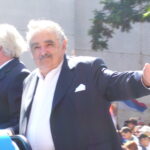 01Pepe Mujica: The Rich Legacy of the Peasant Who Knew How to Make Concessions to the Market Without Losing Ideological Direction
01Pepe Mujica: The Rich Legacy of the Peasant Who Knew How to Make Concessions to the Market Without Losing Ideological Direction -
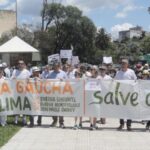 02Democracy in the Face of Ecological Collapse
02Democracy in the Face of Ecological Collapse -
 03New modelling reveals full impact of Trump’s ‘Liberation Day’ tariffs – with the US hit hardest
03New modelling reveals full impact of Trump’s ‘Liberation Day’ tariffs – with the US hit hardest -
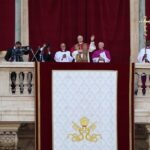 04New Pope Possesses Attributes That Could Expand Vatican’s Diplomatic Influence in Global Geopolitics
04New Pope Possesses Attributes That Could Expand Vatican’s Diplomatic Influence in Global Geopolitics -
 0550 years later, Vietnam’s environment still bears the scars of war – and signals a dark future for Gaza and Ukraine
0550 years later, Vietnam’s environment still bears the scars of war – and signals a dark future for Gaza and Ukraine -
 06What’s so special about Ukraine’s minerals? A geologist explains
06What’s so special about Ukraine’s minerals? A geologist explains -
 07China’s new underwater tool cuts deep, exposing vulnerability of vital network of subsea cables.
07China’s new underwater tool cuts deep, exposing vulnerability of vital network of subsea cables.



